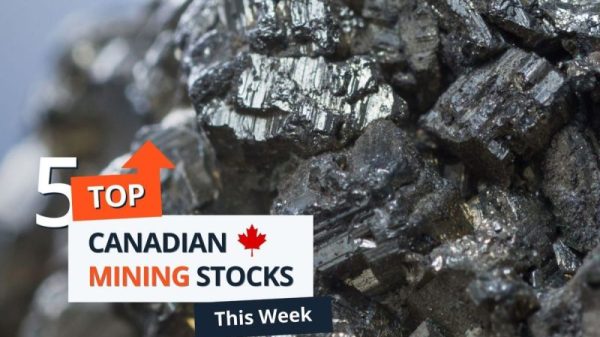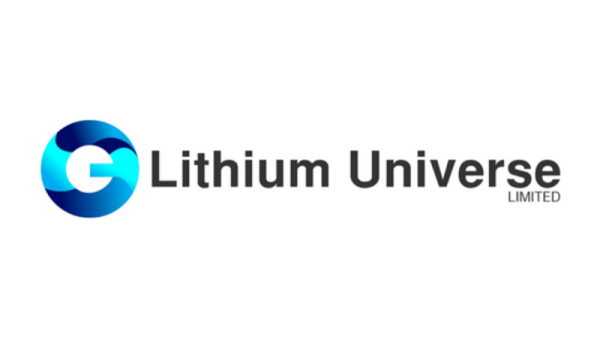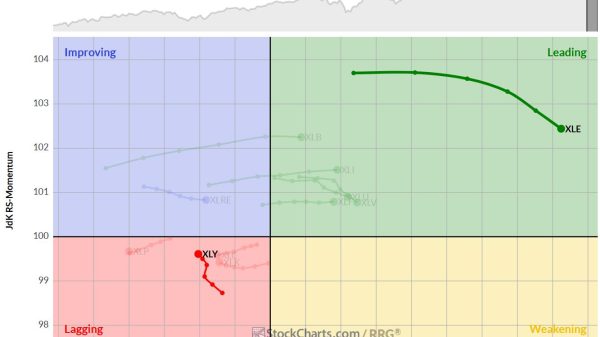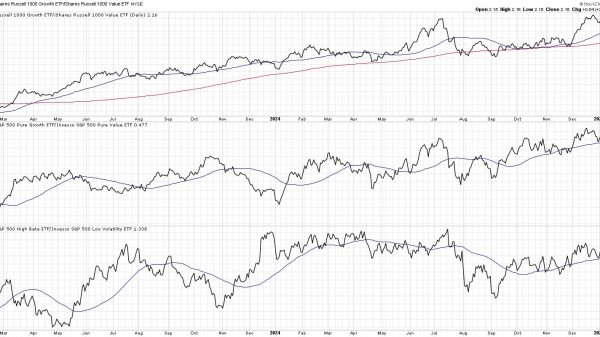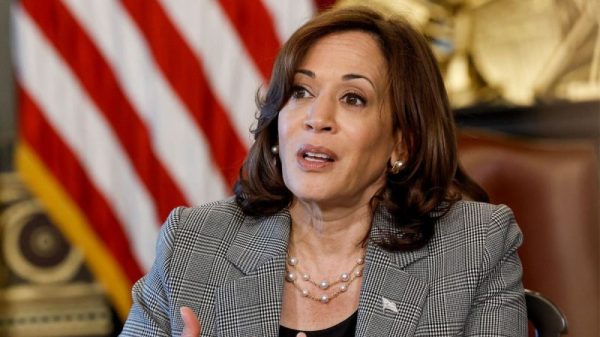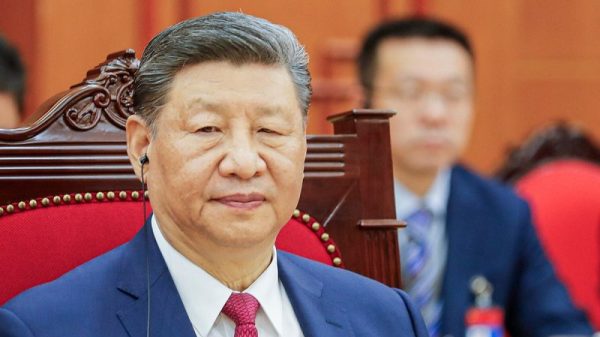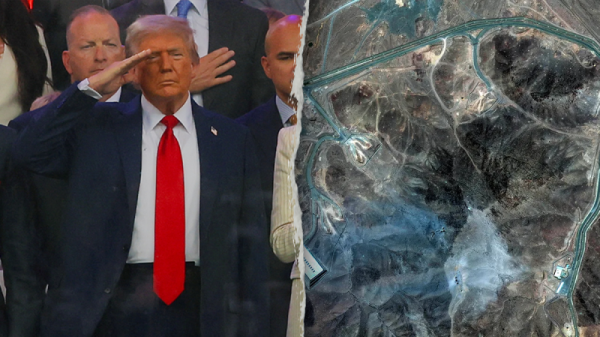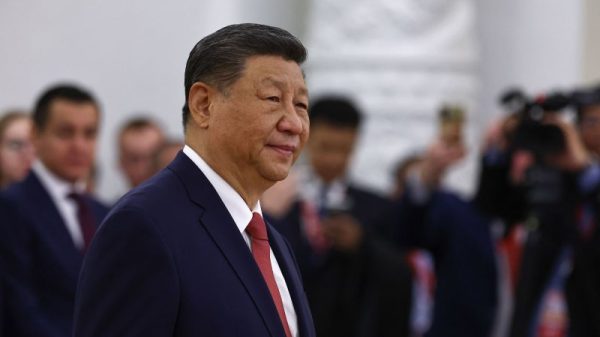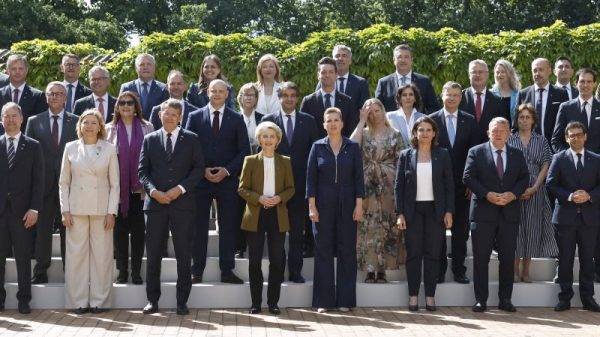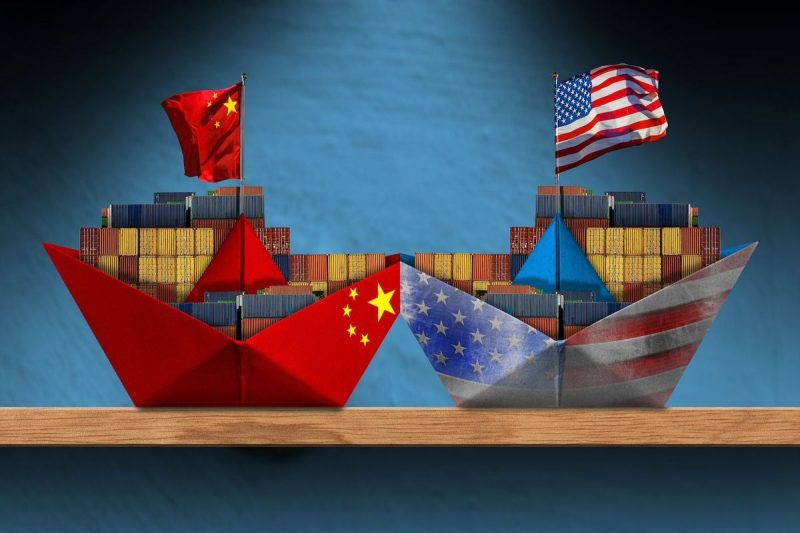Continuing his administration’s push toward reducing US reliance on Chinese mineral imports, President Donald Trump has signed a new executive order to fast track processes for deep-sea mining.
The release highlights nickel, cobalt, copper, manganese, titanium and rare earths as strategic minerals key to both national security and economic prosperity, saying that deep-sea mining may provide increased access.
The April 24 announcement from Trump came a day after Secretary of the Interior Doug Burgum outlined potential plans for the government to invest in US companies that mine and process critical minerals.
Speaking at a conference put together by the Hamm Institute for American Energy, Burgum said there may be a need for “equity investment in each of these companies that’s taking on China in critical minerals.”
He discussed a multifaceted strategy that could include the creation of a sovereign wealth fund, government-backed sovereign risk insurance and a national stockpile of critical minerals.
“We should be taking some of our balance sheet and making investments,” Burgum told reporters last week. “Why wouldn’t the wealthiest country in the world have the biggest sovereign wealth fund?”
What’s at stake for the US?
These efforts to reposition America’s mineral supply chain come amid the country’s escalating trade war with China, which has tightened its grip on the global critical minerals market.
Currently, China produces or refines a dominant share of 20 key raw materials used in essential technologies — from semiconductors and electric vehicle batteries to missile guidance systems and wind turbines.
According to the US Geological Survey, the US was 100 percent reliant on imports for 15 critical minerals in 2024, and approximately 70 percent of its rare earths came from China the year before.
China’s latest retaliation — a new wave of export controls on rare earth elements in response to US tariffs — has only intensified concerns about supply chain vulnerability.
“We have to get back in the game,” Burgum urged in the same conference.
“It’s not just drill, baby, drill. It’s mine, baby, mine. If we don’t do that as a country, we will not be successful. We will literally be at the mercy of others that are controlling our supply chains.”
Building a domestic safety net for America
To offset both economic and geopolitical risks, Burgum laid out three key proposals under consideration:
- Sovereign wealth fund — A mechanism to allow the US to take equity stakes in domestic mining and processing firms, particularly those struggling to compete with Chinese state-backed entities.
- Sovereign risk insurance — A federal insurance program to reimburse companies in the event that a future administration cancels approved projects.
Burgum asserted that the three combined would put the US “in the game around critical minerals,” and said the administration is currently “working on all three.”
Opening the ocean floor to mining
Trump’s executive order directs federal agencies to expedite permitting under the Deep Seabed Hard Mineral Resources Act and the Outer Continental Shelf Lands Act. In addition to that, it instructs agencies to identify mineral-rich regions, facilitate exploration and map seabed areas for priority development.
Notably, the move bypasses the ongoing regulatory negotiations at the International Seabed Authority (ISA), a United Nations body tasked with setting global standards for ocean floor mining.
“The United States has a core national security and economic interest in maintaining leadership in deep sea science and technology and seabed mineral resources,” Trump states in the order.
Officials say US waters hold over 1 billion metric tons of seabed mineral deposits, including copper, cobalt, manganese and nickel — essential materials for renewable energy technologies and military applications.
However, the move has been met with sharp criticism from environmental groups and international regulators, which have long warned of the untested ecological risks of deep-sea mining.
“We condemn this administration’s attempt to launch this destructive industry on the high seas in the Pacific by bypassing the United Nations process,” said Greenpeace USA’s Arlo Hemphill in a statement.
“This is an insult to multilateralism and a slap in the face to all the countries and millions of people around the world who oppose this dangerous industry,’ he continues in the April 25 release.
The ISA, created under the 1982 United Nations Convention on the Law of the Sea — which the US has not ratified — has been working to establish a regulatory framework before any commercial deep-sea mining begins.
It is still deliberating rules on how to balance environmental concerns with mineral exploitation, with ISA Secretary-General Leticia Carvalho expressing hope that a global consensus can be reached by the end of 2025.
Mining companies mobilize amid US critical minerals push
Mining and energy companies are moving swiftly to capitalize on the Trump administration’s push to expand domestic production of rare earths and other critical minerals.
MP Materials (NYSE:MP), the operator of the only active rare earths mine in the US, reported a surge in interest from manufacturers after China imposed new export restrictions. The company has halted shipments of unprocessed ore to China, citing steep tariffs, and is ramping up efforts to process materials domestically.
NioCorp Developments (NASDAQ:NB) has welcomed the White House’s call to streamline permitting, which coincides with its plans to accelerate its Nebraska-based Elk Creek critical minerals project.
In the lithium space, oil giants like ExxonMobil (NYSE:XOM) and Occidental Petroleum (NYSE:OXY) are clashing over production rights in Arkansas’ Smackover Formation, one of the country’s richest potential lithium sources.
Exxon subsidiary Saltwerx recently won regulatory approval to develop a 56,000 acre lithium unit, a move it said could unlock the domestic industry and bolster US energy security.
At sea, The Metals Company (NASDAQ:TMC) is seeking permits under a decades-old US law to mine polymetallic nodules from the Pacific seabed, pointing to renewed political will.
Securities Disclosure: I, Giann Liguid, hold no direct investment interest in any company mentioned in this article.


